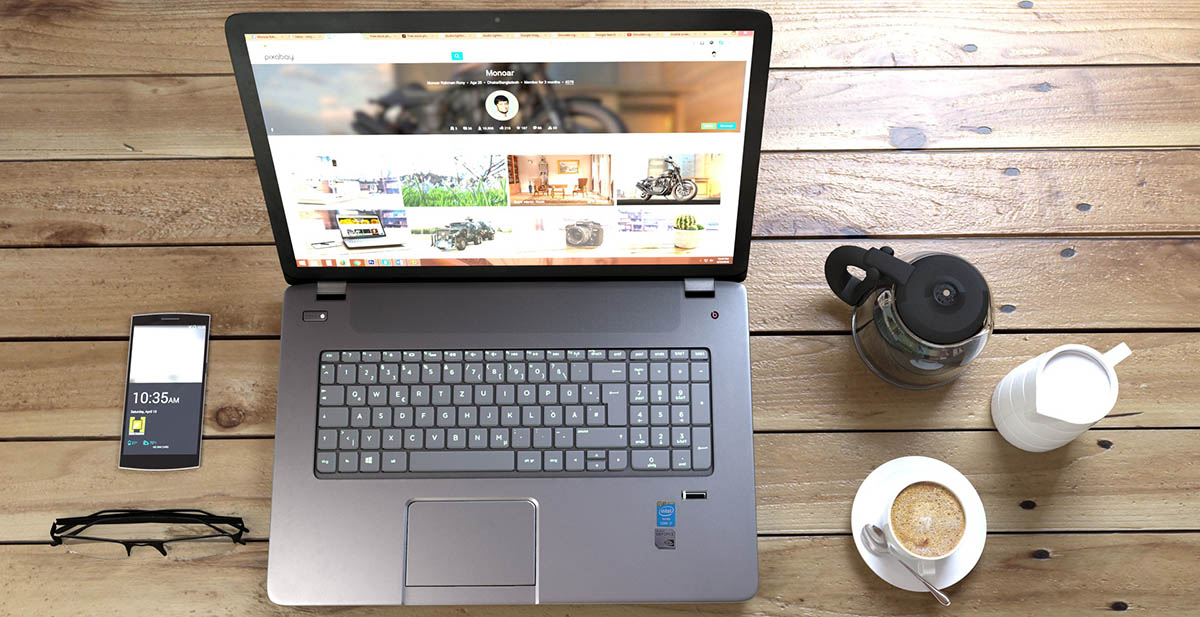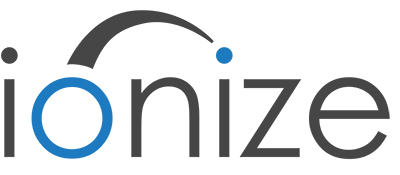7 ways that social media changed the way we do business
7 ways that social media changed the way we do business
20 JULY 2017
Category: Social Media
Author: Seb Waligorski
7 ways that social media changed the way we do business
Look back 10 years. The social side of the Internet was mostly limited to Myspace or a myriad of niche online forums. 20 years ago? Connecting to the Internet via a phone line was still the norm, and data transfer was super slow (even if we didn’t know it at the time). Content was scarce, patchy, and often of questionable quality. Back in the present day, most of us have an inkling that the Internet has pretty much permeated most aspects of our lives. From shopping to entertainment, talking to our friends via email, text, and voice/video chat, calling a taxi, even turning our central heating a degree or two higher – these and much much more are now done online, whether we realise it or not. There is one aspect of the Internet however which has not only changed the way we do things, but also how we interact with each other, how we relate to one another, and in doing so, has profoundly reworked our place in the world: social media.
Social media has not only grown, it has undergone a massive evolution since the days of Myspace and online forums. No longer exclusively a platform for sharing photos of cute cats and messaging your friends, the world of contemporary social media is a world of myriad connections, and a world of opportunities for companies to gain customers and their loyalty. As well as ushering in an exciting era of opportunities for companies, social media brings new dangers for companies too, as more and more power is placed in the hands of customers. In this article, we explore some of the rich pickings, and pitfalls, for companies doing business via social media.

1. Targeted ads.
Though Facebook doesn’t know everything about you (it probably doesn’t know what colour socks you are wearing today), it knows much more than you think: your location, travelling/commuting, your job, education, your age, sex, religious affiliation, your preferences in music and food, where you went on holiday, who your family and friends are, and how you like to interact with them, your favourite shows, hobbies, how you like to spend your weekends, and what you like to buy, when, and from which stores. The rich, detailed, behavioural model that Facebook has built around your habits gives them an intimate impression of how you might behave in the future. Facebook makes your behavioural model available to companies who advertise, making Facebook the perfect platform to send out targeted ads to potential customers. Take a look at the Real Geeks Marketing Tool for Facebook widely used by real estate agents. It offers incredibly accurate and multi-layered targeting based on information that Facebook has gathered on its users over many years. Facebook’s user profiling may take years, but companies can use it to create targetted ads in just a few minutes. The result: easy access to a rich stream of customers who actually want to buy your products or services. Targeted ads based on advanced social profiling are a revolution in marketing. For the very first time, advertising can be easily channelled to people on the basis of their preferences and aspirations. Businesses no longer have to conduct intensive market research to place their ads, Facebook does this work for them.
2. Organic marketing.
In 2017, we are all marketing experts – we all know what good (and bad) advertising looks like. Poor advertising makes us feel annoyed, misunderstood, it is forced, and inappropriate, so we shut it out.
Organic marketing feels natural – it is appropriate, on-message, personalised, familiar. Businesses utilise social media channels for exactly this purpose – to create that sense of authenticity and meaningful personal, human, connection. How is this implemented? For example by replying to customers’ comments or taking a more personal approach to your news feed (this is when, say, a restaurant posts a picture of their staff with a caption “best crew ever!”). All these activities feel natural and in return, businesses gain more customer trust and loyalty.

3. Customers have much, much more power.
In the past, discontented customers could let it all out in front of their family or friends, perhaps in the pub, or maybe in the local newspaper for maximum effect. Word might spread, and the company in question might lose a few customers as a result, but it would have been unlikely that this would have been a rapidly-unfolding disaster for them. Nowadays the same customer (or alternatively, a person with malicious intent) can publish a post on social media channels that has the potential to be seen by millions of people in a matter of minutes. The well-founded fear of social media has had both negative and positive effects. On the one hand, companies have to dedicate significant resources to managing their reputation on social media. On the other hand, they have realised that the only way to ensure good social media coverage is to offer great overall customer service. Still, however, the danger of accidentally posting something considered offensive or politically incorrect exists. Even a single tweet or a comment has the potential to ignite a scandal. However, the necessity of maintaining an effective, communicative, human face on social media has encouraged companies to be more transparent and more human, which arguably has very positive implications for everyone.
4. Things can go viral really quickly nowadays.
True story: an Englishman once bought a cucumber in Tesco, inside which he found a worm. He decided to complain online and suddenly found his comment going viral. Two days later, his conversation with the grocery chain had been shared more than 30,000 times! Although it ended up being good PR for Tesco (due to how their social media team made light of the situation), this example shows how serious the consequences can be for companies. Viral content is a double-edged sword.
5. Backlashes and PR scandals.
Remember the recent American Airlines scandal when they threw a doctor off one of their planes? A few years ago the event might have generated a single column story in a handful of media publications before fizzling out. But in 2017, in an era of ubiquitous and energetic social media, American Airlines faced a massive backlash. The reshared articles, memes, retweeted pictures created an avalanche that quickly eroded the airline’s credibility. From now on when you think of American Airlines it’s hard not to cringe, and think of how a mishandled situation was made much worse by poor social media management.

6. Customer service has never been easier. Companies can (and indeed, are expected to) keep in touch with their customers more or less 24/7. Communication is expected to be personalized, and this has given businesses a channel to engage with their customers individually. A well-answered question or well-solved problem means a happy, valued customer. Social media is used by companies in almost all sectors now. While large companies may have entire Customer Service departments, social media is a great leveller, and means that small businesses can offer equal (or better) customer service to their larger rivals.
7. Social media is a free platform for publishing content. Before social media became to engrained in everyday life, the only platforms for sharing content were company blogs, newsletters or mailing lists, and other traditional forms of advertising. Now content can be shared and re-shared freely, reaching thousands of people all over the globe. This has revolutionised the nature of advertising, from a medium that is designed to be passively consumed, to a form which customers and potential customers will want to actively share.
In the new advertising environment, there are no longer only two important categories of actors (producers and consumers / companies and customers), but a myriad of intermediate actors too: online personalities such as YouTubers, lifestyle bloggers and vloggers. Getting your message or product ‘shared’ by one of these actors is like dynamite (the good kind), allowing companies to reach even more people, create a positive, and quickly!
So what’s the catch? Well, if you don’t do social media well, as American Airlines discovered, you’re at a disadvantage – perhaps a major one. Charlene Li, a co-founder of the Alimeter Group and one of the most prominent thinkers on social media claims that companies that fail to adapt to the social media environment will die out within three to five years. What’s crucial here is the fact that she said that before 2010, and social media use has not waned in the the intervening years – not by a long shot. This means that today in 2017, being active on social media is an absolute must for companies. Social media is a massive opportunity, which, when utilised effectively, can bring about huge successes for companies. There are many dangers, but what is certain is that social media is not going to go away. Getting a firm grip on your social media profile is vital to your company now, and in the future.
You can call our Marketing Team or use the form below if you need a new website:
0333 014 2035
7am-7pm, Monday-Friday

Author: Pete Gypps
Director of Business Development
Specialisations in transforming SMB and Enterprise businesses from On-Premise Communication products to Cloud Technology.
How do you feel about eliminating business complexity?
Whether you’re considering full ERP integration with your core business processes, require a robust systems management solution, or you’d just like to talk to us about what we can do to simplify your enterprise ICT and business processes, we're happy to answer your questions.
